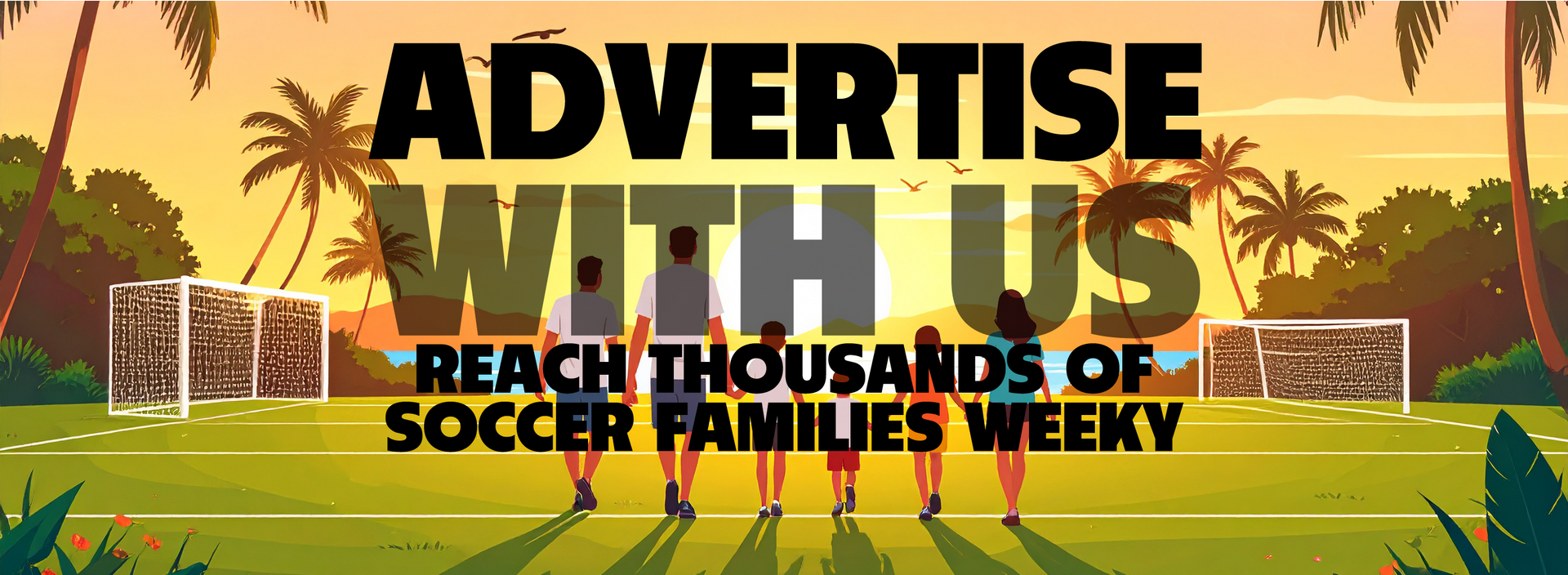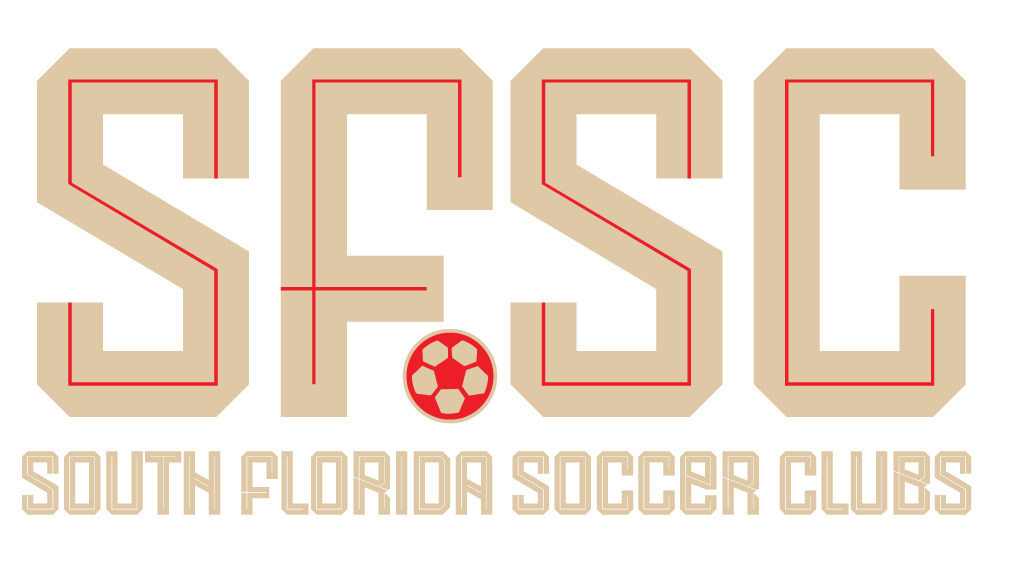Understanding Playing Time in Youth Soccer: What Parents Should Know
WORKING TOGETHER
Youth soccer can be a rewarding experience for kids, but questions about playing time often arise as parents navigate their child’s development in the sport. It’s important to understand how coaches make decisions, how expectations shift as players grow older, and how to approach concerns constructively.
01
Playing Time Expectations by Age Group
• Recreational Soccer:
In younger, recreational leagues, the primary focus is fun, learning, and inclusion. Most coaches aim to give all players equal playing time to foster enjoyment and skill development.
• Competitive Soccer (Ages 10+):
As kids transition into competitive leagues, playing time may become more performance-based. Coaches evaluate factors like skill, effort, teamwork, and game strategy when determining how much each player is on the field.
• Elite/High-Level Soccer (ECNL, MLS NEXT):
At the elite levels, playing time is highly competitive. Coaches prioritize team success and development for advanced players, which can result in some players getting significantly less time.
02
Factors Influencing Playing Time
•Skill Level: Coaches assess players’ technical and tactical abilities and how they fit into the team’s strategy.
•Effort and Attitude: Consistent effort in practice and a positive attitude toward teammates can influence decisions.
•Team Needs: Coaches must balance the team’s overall needs, such as defensive stability or offensive power.
•Game Situations: During close matches, coaches might prioritize their strongest lineup.
•Developmental Goals: At younger ages, coaches may prioritize development over winning, leading to more balanced time on the field.
03
Why Parents Should Stay Calm
•It’s Not Personal: Playing time decisions are rarely personal. Coaches focus on the team’s needs and the child’s development, not favoritism.
•Every Player’s Journey Is Different: Kids develop at different rates. Less playing time now doesn’t mean your child can’t succeed later.
•Respect the Coach’s Role: Coaches are tasked with balancing individual growth with team success—a challenging responsibility.
04
When and How to Talk to the Coach
•Wait 24-48 Hours After a Game:
If you’re upset about playing time, wait a day or two to calm down and approach the situation objectively. Talking immediately after a game can lead to emotional, unproductive conversations.
•Use a Constructive Tone:
Frame your concerns positively. For example:
•Instead of: “Why isn’t my child playing?”
•Try: “What areas can my child improve on to earn more playing time?”
•Respect Boundaries:
Don’t confront a coach in public or during a game. Request a private meeting to discuss concerns.
•Listen to Feedback:
Be open to the coach’s perspective. They may highlight areas your child needs to work on that you hadn’t considered.
05
How to Support Your Child
•Focus on Effort, Not Outcome:
Encourage your child to give their best effort rather than fixating on minutes played.
•Promote Resilience:
Explain that playing time is earned through hard work and that setbacks are part of growth.
•Celebrate Team Success:
Teach your child to value the team’s success over individual achievements.
06
When to Consider a Change
If you feel that your child’s needs aren’t being met despite constructive conversations:
•Assess Developmental Fit:
Is the current team or league appropriate for your child’s skill level and goals?
•Explore Other Options:
If necessary, look for programs that align better with your child’s interests, whether they’re recreational or competitive.
Final Thoughts
Playing time can be a sensitive topic, but it’s an important part of youth soccer development. By understanding the factors involved, keeping a calm perspective, and maintaining open communication, you can help your child navigate challenges while fostering a love for the game. Remember, the ultimate goal of youth soccer is not just winning games—it’s building skills, confidence, and character.
Set off on your next remarkable soccer adventure.




